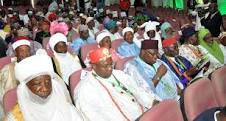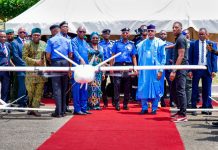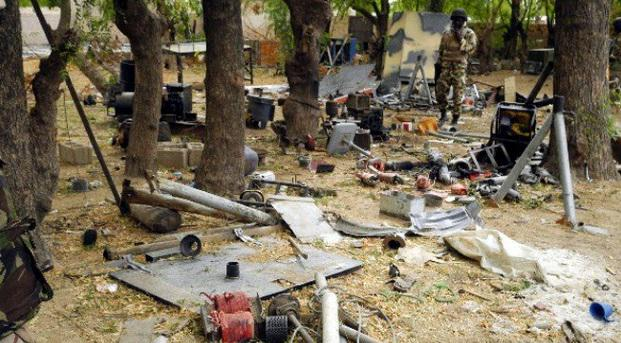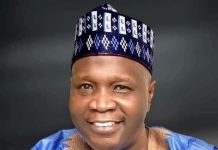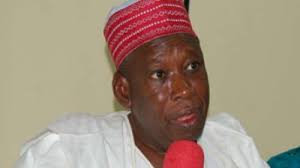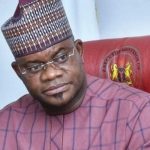By Olusegun Emmanuel, Abuja.
After four days of consistent debate and disagreement, the Committee on Devolution of Power at the on-going National Conference, on Wednesday, reached a consensus to modify Item 39 of the Exclusive Legislative List.
The item deals with the exclusive rights of the Federal Government to legislate on issues regarding “mines and minerals, including oil fields, oil mining, geological surveys and natural gas.”
The modified version indicates that in carrying out mining activities across the country by the Federal Government, government of states where such natural resources are deposited shall be involved.
The modification of the item which has been a major cause of set-back in the Committee’s deliberation was celebrated by members shortly after Professor Nsongurua Udombana, a delegate from Akwa Ibom State, moved the motion for the modification.
The item was reframed to read: “Mines and all minerals, including oil fields, oil mining, geological surveys and natural gas, provided that: (A) The government of the state where mining activities take place shall be involved in matters relating hereto; (B) The government of the Federation shall make special grants to develop mines and minerals in states where such resources are undeveloped.”
The decision of the Committee was described by some delegates as the democratization and decentralization of industrial development through strategic mining of mineral resources nationwide.
Former Governor of Akwa Ibom State and Co-chairman of the Committee, Obong Victor Attah, who briefed the press after a two-hour close session on the issue, expressed delight that the committee was able to arrive at a consensus after a very tedious debate process.
He said the modification of the provision was a part of the decision of the Committee and by extension, the National Conference, aimed at ensuring that certain economic activities hitherto concentrated in the Federal Government were decentralized.
He said the Committee, in the performance of its functions, was determined to be thorough particularly in considering movement of items from the Exclusive to the Concurrent List and vice versa.
He described discussions on Item 36 as difficult since there were those who felt that because the resources belong to areas where they are found, the item should be moved to the Concurrent List.
On the other hand, he said others believed that since it was not all the states that boast of huge deposit of mineral resources, those who have such resources would have imbalance advantage over the poor states.
Attah said the decision to reframe the provision as proposed, was in consideration of the fact that since the item would still be in the Exclusive Legislative List, then state governments were not in a position to issue licenses to those interested in exploiting the mineral resources.
He disclosed that the focus of the Committee in reviewing the Exclusive Legislative List was to find ways of getting areas where mineral deposits are found involved in the business of mining those resources for a better Nigeria.
Earlier in the day, the leaderships of the Nigeria Labour Congress (NLC) and the Trade Union Congress (TUC) had visited the Committee to protest what they called the migration of labour issues from the Exclusive Legislative List to the Concurrent List.
President of NLC, Comrade Abdulwaheed Omar told the Committee that such a migration would affect the minimum wage which remains the right of workers under the law.
He pleaded with the Committee to reconsider its decision as 92% of the countries of the world put labour matters under the Exclusive Legislative List for the sake of protecting the workers whom he described as the most important resource in any country.
Omar urged the Committee not to make Nigeria a part of what he called a global tiny dictatorship that places workers’ issues at the mercy of state governors.
President of TUC, Kaigama Bala Bobboi, said placing labour issues under the Concurrent Legislative List would lead to having disjointed remuneration system in the country.
Describing labour as a national issue, Bobboi told the Committee members that it had become necessary that some protection be provided for the workers.
NLC’s chief economist, Dr. Peter Ozo-Eson, said labour as a factor of production must not be left to the vagaries of multiple jurisdictions which would be inevitable if labour issues were taken to the Concurrent Legislative List.
Responding, Attah informed the labour leaders, who are also delegates to the conference, that the movement of labour issues to Concurrent Legislative List did not mean that the Federal Government no longer had control over labour matters.
He explained that being on the Concurrent Legislative List simply meant that if the Federal Government were to make any law regarding labour matters, such legislation will override that of any state.

